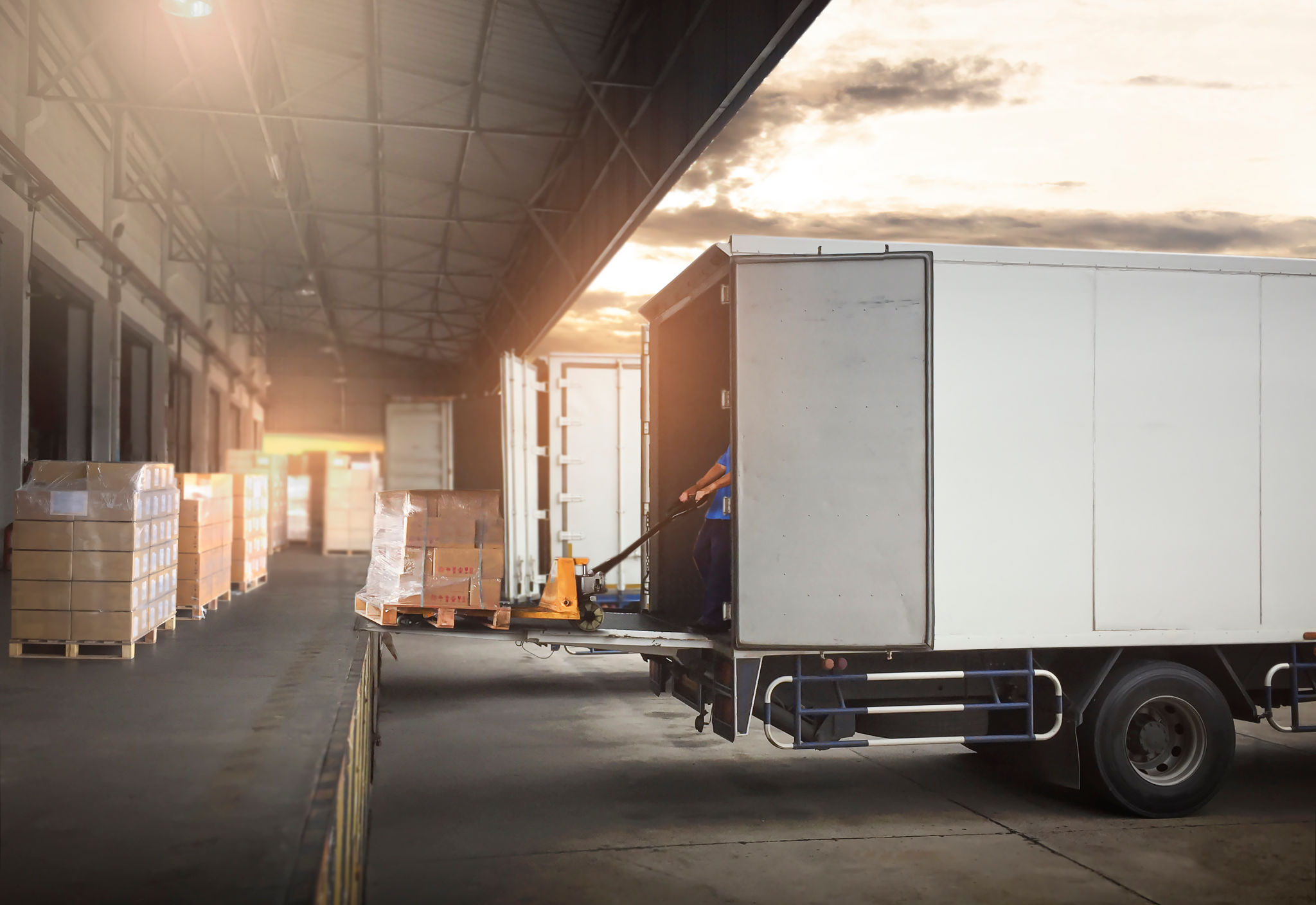Trailer Leasing vs. Buying: Which is Right for You?
Understanding Trailer Leasing vs. Buying
When it comes to acquiring a trailer for your business or personal use, the decision between leasing and buying can be challenging. Both options come with their own set of advantages and potential drawbacks, making it essential to understand what each entails before making a choice.
Leasing a trailer means renting it for a specific period, typically with the option to purchase at the end of the lease term. On the other hand, buying a trailer involves an upfront investment but grants full ownership. Let's explore both options in more detail to help you determine which is right for you.

Advantages of Leasing a Trailer
Leasing a trailer offers several benefits, especially for businesses looking to manage costs effectively. One primary advantage is lower initial expenses. Leasing requires minimal upfront costs compared to buying, which can be beneficial for companies with limited cash flow.
Another benefit is flexibility. Leasing allows businesses to upgrade their trailers more frequently, ensuring they always have access to the latest models and technologies. Additionally, maintenance and repair costs are often covered under the lease agreement, reducing unexpected expenses.

Benefits of Buying a Trailer
Buying a trailer provides long-term savings and full ownership, which can be advantageous for individuals or companies planning to use the trailer extensively over several years. When you own a trailer, you are free to customize it to suit your specific needs without restrictions.
Furthermore, purchasing a trailer can prove to be a wise investment. Over time, the cost of ownership may be lower than leasing, and you have the option to sell the trailer if your needs change, potentially recouping some of your initial investment.

Financial Considerations
When deciding between leasing and buying, it's crucial to consider your financial situation and long-term business goals. Leasing may offer short-term savings and cash flow flexibility, making it ideal for businesses with fluctuating demands.
Conversely, buying may require a significant upfront investment, but it eliminates monthly lease payments and can be more economical in the long run. It's essential to conduct a detailed cost analysis to determine which option aligns with your financial strategy.
Making Your Decision
Choosing between leasing and buying a trailer depends on various factors such as budget, usage requirements, and future plans. For businesses with rapidly changing needs or those who prefer minimal initial investments, leasing might be the better option.
However, if you prioritize long-term savings and customization possibilities, purchasing could be more beneficial. Evaluate your specific circumstances and consult with financial advisors if necessary to make an informed decision.
Conclusion
In summary, both leasing and buying have their unique advantages and will suit different situations depending on your needs and financial considerations. By understanding the pros and cons of each option, you can make a choice that aligns best with your objectives.
No matter which path you choose, ensuring that your decision supports your business strategy or personal requirements will lead to greater satisfaction and success in your trailer acquisition journey.